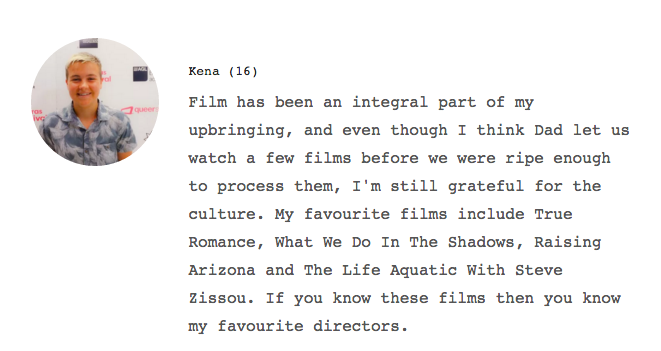One of my favourite documentaries so far in this festival has been Mifune: The Last Samurai. It analyses contextual factors that impacted on the career of the Japanese legendary actor Toshiro Mifune, linking in his unbreakable bond with famed director Akira Kurosawa whilst tying it up beautifully in a linear and dynamic narrative of the last samurai’s life.
Toshiro Mifune is one of the world’s greatest actors on record, certainly ahead of his time – you could just see in his expression, his eyes, that he put everything into his performances. At one point acting as a lead in 27 films over 4 years, Mifune gave the films he was in life – he brought energy, emotion and tension incredibly into each scene, even though he’d never had any acting training. Most famous for his role in The Seven Samurai, Mifune worked on 16 films with impressive Director Akira Kurosawa between 1948 and 1965. Kurosawa’s vision exhorted through Mifune’s performance inspired many Western films especially in the spaghetti-western genre (like Sturges’ The Magnificent Seven [1960]). Japanese cinema put on the map thanks to this invincible duo.
Mifune: The Last Samurai, in addition to exploring one of the strongest actor-director relationships of all cinema, follows a linear trajectory through the life of Toshiro Mifune – starting out with his parents’ death in the second world war, and his enlistment and completion of military service. The film delves into how the war affected Japanese cinema, and particularly Mifune’s decision to pursue a career in the film industry. Initially, he didn’t want to be an actor, a fact which surprises me – I can’t begin to imagine his raw talent for acting without having completed any formal acting education!
The plot followed each film he made with Kurosawa, and some he acted in on other directors’ work, explaining his acting career with added splices of home life from interviews with his son, Kurosawa’s son, his close friends and actor companions. It unravelled the scandal of his affair, and his gradual slide from greatness down into TV after making his own production company. It explored his dabbling in excessive alcohol, and how that affected his career and wellbeing. He sadly died in 1995, closely followed by his partner in film Kurosawa, but not before their work could make its imprint on the Western world and continue to influence the global cinema world today.
Mifune: The Last Samurai screens in the Kurosawa retrospective – Sydney Film Festival

